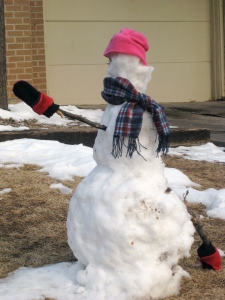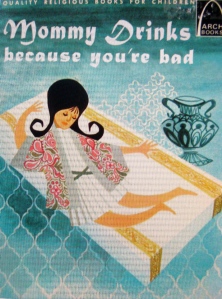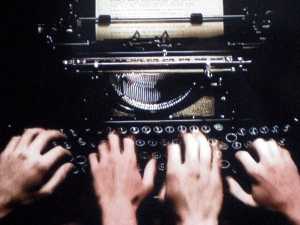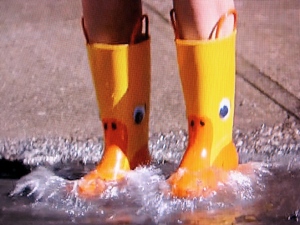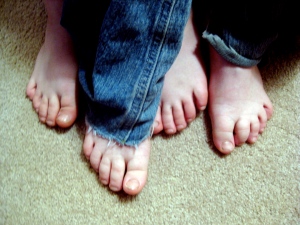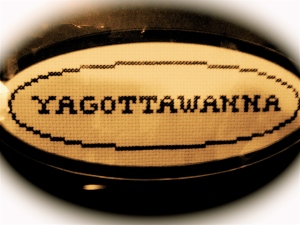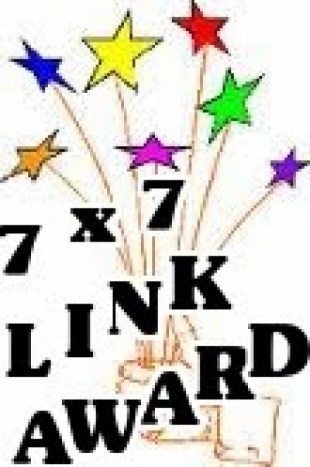Twenty years ago, when she was a 17-year-old student, Anna taught everyone in my high school Writing To Publish class two valuable lessons.
I had assigned this warm-up activity: Write about a dark moment in your life that became one of your happiest memories. Most of the students sat and thought, doodled for a while and then begrudgingly began. Anna (not her real name) went to a corner, sat on the floor, opened her notebook and began writing.
She wrote about the previous Christmas. Their mother had left, their father’s hours had been cut back, the furnace had gone out and had to be fixed, and money was worse than just tight. Dad and the three kids had to somehow make the best of what little they had.
They drew names from a jar. Each person had $2.00 to spend on the best gift they could find, and wrap the present in the funny pages from the newspaper. On Christmas morning, after eating French toast, sausage and juice—with popcorn for a treat–they made a game of opening the presents.
For Anna’s scavenger hunt, she’d helped her younger siblings get started with this example. Each person would give their gift recipient a clue, like “Go to the place where lint collects.” (The dryer.) There in the lint trap would be the next clue, and so on, until finally the last clue led to the gift. The hunt for presents took them all over the house and even outside.
It was the best Christmas ever, Anna wrote, filled with laughter, adventures, and hugs. With only $2.00 to spend, each one had searched for a thoughtful, special gift: a mystery for Dad at the used book store; a new spiral notebook for Anna’s writing dreams; a package of plastic soldiers from the dollar store; Superhero pencils and an eraser.
The class applauded after Anna read aloud her article, and after class I suggested she submit it for publication. To make a long story short, Anna worked hard, followed all the requirements, rewrote, and finally submitted “The Best Worst Christmas Ever” to Woman’s World Magazine. They bought it for $100!
Anna had answered the looming sad holiday with hope and laughter. She also followed through by fine-tuning her article and taking a risk when she submitted it to a magazine. And if Woman’s World had rejected it, she was prepared with another magazine address, plus a third one to try. Her darkest moment, she said, had been when she realized her family had only $20 to spend on Christmas: $8 on gifts for four people, and $12 for a special breakfast. In comparison to that, she said, a rejection slip from a magazine didn’t scare her at all.
Before her dementia, my mother loved this story. She shared it with friends who felt sad or discouraged about the holidays. She challenged a writer friend not to quit after a rejection, but to Try, Try Again. Mom lent her friend the Writer’s Market to search another place to submit her story, but first she had to find the book by following the clues of a scavenger hunt.


